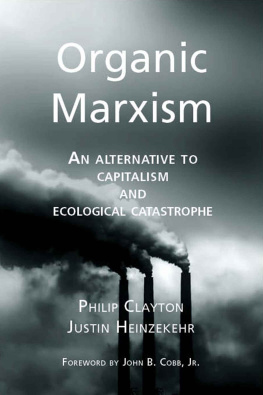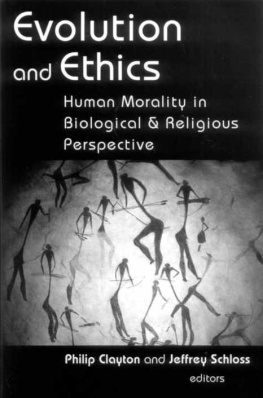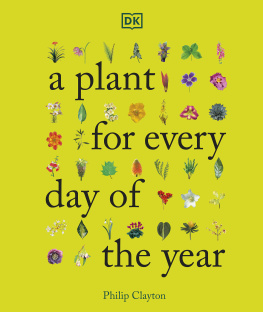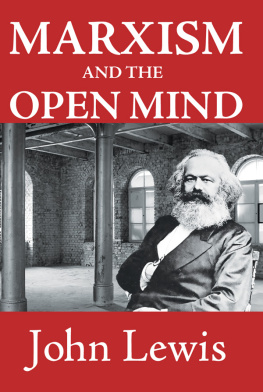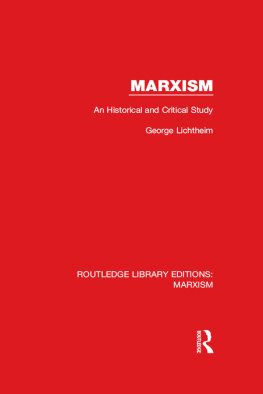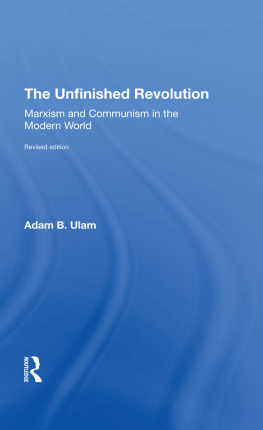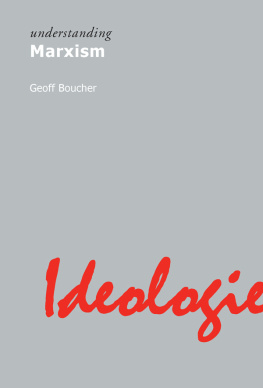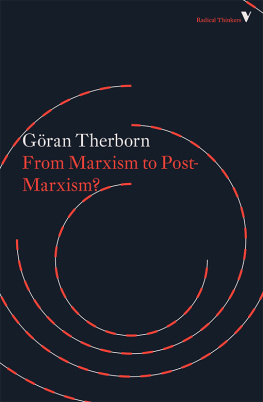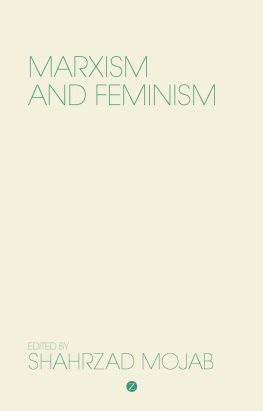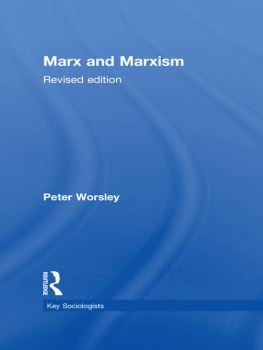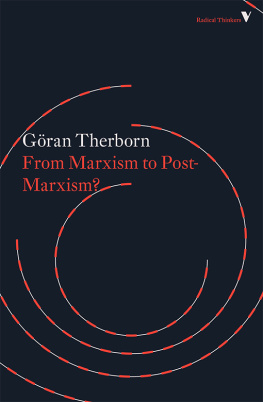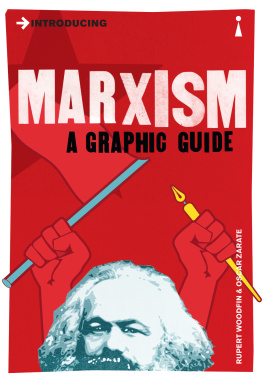Philip Clayton - Organic Marxism: An Alternative to Capitalism and Ecological Catastrophe
Here you can read online Philip Clayton - Organic Marxism: An Alternative to Capitalism and Ecological Catastrophe full text of the book (entire story) in english for free. Download pdf and epub, get meaning, cover and reviews about this ebook. year: 2014, publisher: Process Century Press, genre: Politics. Description of the work, (preface) as well as reviews are available. Best literature library LitArk.com created for fans of good reading and offers a wide selection of genres:
Romance novel
Science fiction
Adventure
Detective
Science
History
Home and family
Prose
Art
Politics
Computer
Non-fiction
Religion
Business
Children
Humor
Choose a favorite category and find really read worthwhile books. Enjoy immersion in the world of imagination, feel the emotions of the characters or learn something new for yourself, make an fascinating discovery.
- Book:Organic Marxism: An Alternative to Capitalism and Ecological Catastrophe
- Author:
- Publisher:Process Century Press
- Genre:
- Year:2014
- Rating:3 / 5
- Favourites:Add to favourites
- Your mark:
Organic Marxism: An Alternative to Capitalism and Ecological Catastrophe: summary, description and annotation
We offer to read an annotation, description, summary or preface (depends on what the author of the book "Organic Marxism: An Alternative to Capitalism and Ecological Catastrophe" wrote himself). If you haven't found the necessary information about the book — write in the comments, we will try to find it.
This revolutionary book fuses the enduring legacy of socialismgovernment for the common goodwith the best of the environmental movement and the newest insights from sustainability studies. The result is a manifesto in the tradition of Bill McKibbens Eaartha roadmap forward in the face of the growing environmental catastrophe, which is the most complex crisis humanity has ever faced. Catherine Keller writes, What an unexpected, discomforting and important work! If Marxism seemed to be abandoned in the West to a few academic leftists and nostalgic activists, the authors bring it roaring back into relevance.
American conservatives like to say that Marxism was destroyed by its opponents and by the mistakes of Marxist governments. Organic Marxism provides the definitive answer to this charge. New economic evidence reveals that Marxs predictions are coming true in ways once thought impossible. Today the wealthiest class, the richest 1%, possesses more wealth and power than ever before, whereas the 99% are slipping economically, and the majority of humans live in increasing poverty.
Above all else, the global environmental crisis changes everything. Clayton and Heinzekehr show how, over the last decades, rich individuals and multinational corporations have acted selfishly to increase their own wealthwith devastating ecological consequences. The data make it clear that the planet has reached the limits of its capacity. The authors trace the unimaginable environmental and social consequences that (scientists tell us) global warming will bring: mass extinctions, food and water shortages, violent weather, rising oceans. Why then do our governments continue to favor the wealthy? Why do they take no action or actually worsen the situation?
Organic Marxism shows why the situation is not hopeless, however. The vast majority of humans favor sustainable systems and lifestyles. With this growing support, its possible to begin laying the foundations for a new, ecological civilization on this planet. In these pages Clayton and Heinzekehr lay out the steps toward a fair and sustainable society, one run not in the interests of the rich but for the common good.
This fresh, energetic, and revolutionary manifesto (Santiago Slabodsky) takes its leads from the core insights of Karl Marx, from process philosophers in China (Taoism) and in the West (Alfred North Whitehead), from ecology, and from the organic practices of sustainable communities. This postmodern Marxism, the authors argue, is not deterministic and utopian. It allows for market forces while limiting corruption and excessive profit-taking by the wealthy. In the end, localized systems of production and trade, steeped in the cultural traditions of a given people, are far more sustainable and life-affirming than a globalized economy run by the richest banks and multinational corporations.
The book is a call to action. We can no longer sit by passively and allow unlimited consumption by the wealthy when it means that there will be nothing left for our grandchildren. Without a planetary crisis, the rich would remain in power. As we approach the planets limits, however, there is no other option but to shift to an organic, ecological civilization. Clayton and Heinzekehr show how scientists and economists, farmers and small business people, artists and religious leaders are coming together around the globe, building communities for the common good.
Philip D. Clayton is Ingraham Professor at Claremont School of Theology. He received the PhD from Yale University and has held posts at Williams College and the California State University, as well as guest professorships at the University of Munich, the University of Cambridge, and Harvard. He is the author or editor of 22 books, most recently, Religion and Science: The Basics; Transforming Christian Theology: For Church and Society; Adventures in the Spirit: God, World, Divine Action; In Quest of Freedom; and The Predicament of Belief: Science, Philosophy, Faith. Justin Heinzekehr is a doctoral candidate in religion at Claremont School of Theology, and an adjunct professor at Bethel College, Kansas.
Philip Clayton: author's other books
Who wrote Organic Marxism: An Alternative to Capitalism and Ecological Catastrophe? Find out the surname, the name of the author of the book and a list of all author's works by series.

